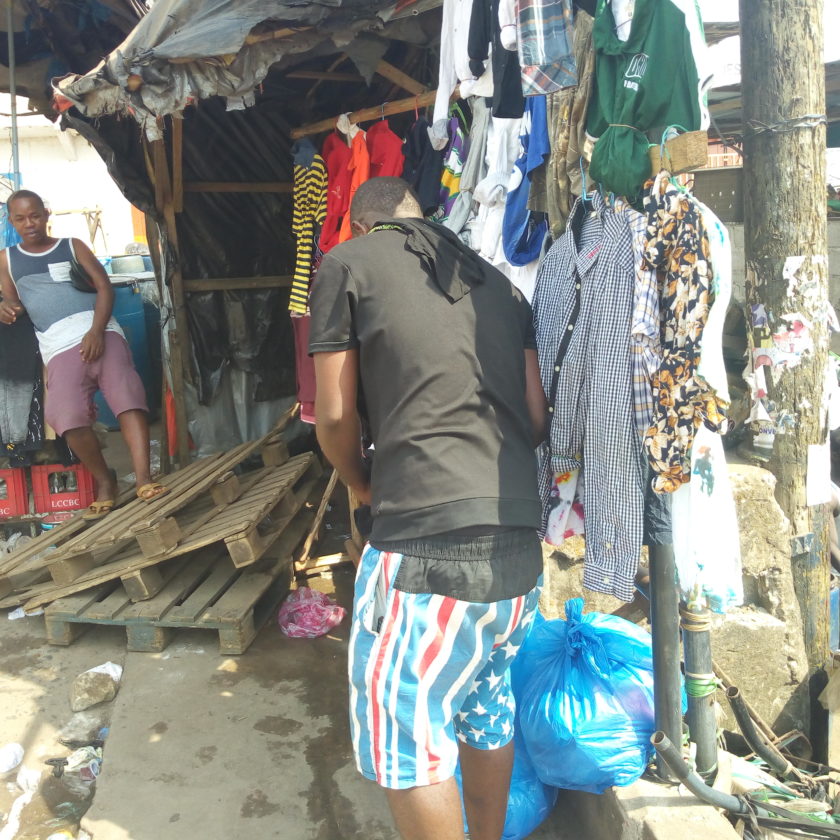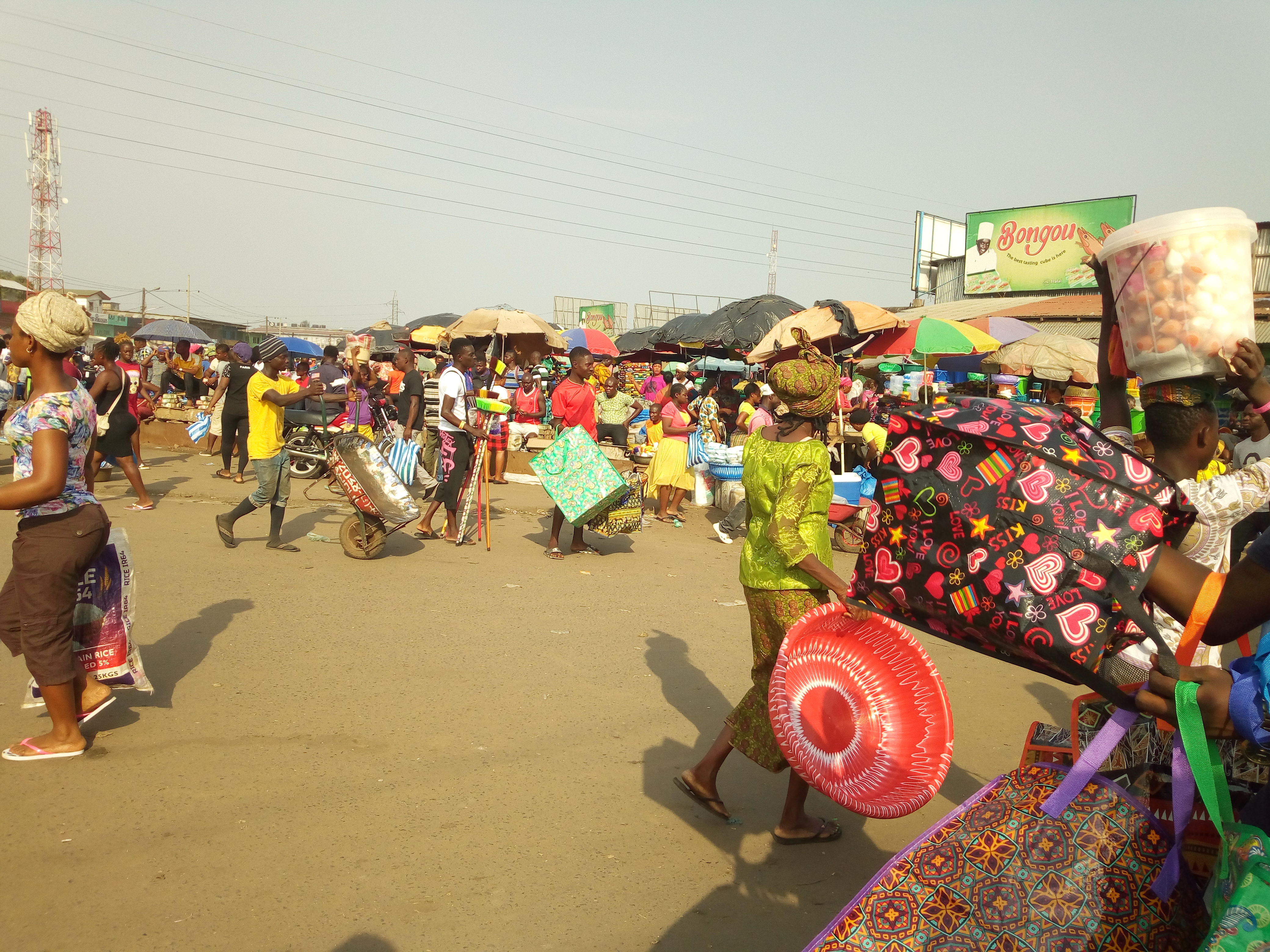By William Selmah, wselmah@gmail.com
Petty traders in Liberia constitute a huge bloc of the country’s informal sector. Through their businesses, they provide livelihood and meet the health and education needs of thousands of dependents.
Like others within this sector, their activities under the new administration are not without trouble. They have had serious challenges during the period under review that seems to be a new phenomenon – wholesalers doing both bulk and retail sales without being checked.
Consequently, consumers are turning away from retailers in favor of wholesalers; a condition that is gradually putting many petty traders out of business.

“It is making life increasingly difficult for us,” said Mr. Habakkuk Karwee, a renowned businessman in the Paynesville Red Light commercial district.
He says what is even more frustrating in the face of this encroachment on their activities is the lukewarm response of commerce inspectors.
According to Mr. Karwee, they hardly ever show up nowadays and if they do, they get out for different thing. He said it beats his imagination that people indulged in such unwholesome business practices under the very nose of government agents are operating freely and walking scot free.
“Inspectors are no longer following up to make sure that business people at all levels are playing by the rule,” says Mr. Kanwee.
He points out that under the current circumstances profits are just hard to come by for petty traders because their space has been seriously undermined by wholesalers.
“This is a huge challenge for business people like us with dependents who have education, health and other needs. How do we satisfy those needs without making profits as petty traders?
Another factor that is adversely affecting petty trade in contemporary Liberia, according to Karwee is accessing the much needed U.S. dollars to buy goods.
Importers’ high demand for the foreign currency has stepped up the buying price which further affects their profit margins. This is because they are spending more local currency than required to buy goods that only sell at very low cost.

